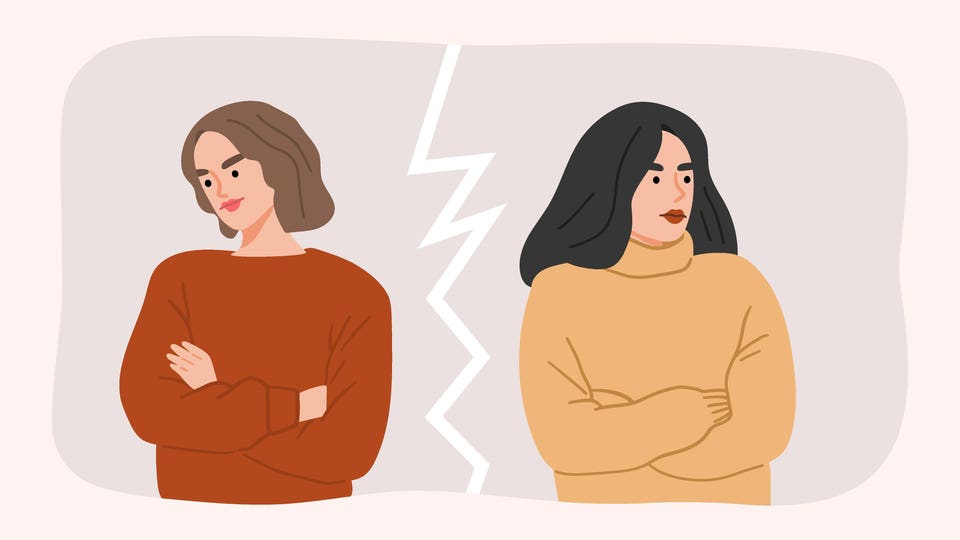Is Your Friendship Toxic? Watch out for these Subtle Red Flags Listed by Top Psychologist

Is Your Friendship Toxic? Watch out for these Subtle Red Flags Listed by Top Psychologist
Clinical psychologist Dr. Julie Smith reveals subtle red flags that show when a once-meaningful bond may be doing you more harm than good.
Friendships are meant to nurture, uplift, and provide a sense of belonging. As Helen Keller beautifully said, “Walking with a friend in the dark is better than walking alone in the light.” But sometimes, the very relationships that once brought light to our lives start to dim it. According to Dr. Julie Smith, a clinical psychologist and bestselling author who spent a decade working with the NHS, some friendships can quietly turn toxic — and the signs often go unnoticed.

Here are three hidden signs that your friendship may no longer be healthy.
1. The friendship is conditional
True friendship thrives on unconditional love and acceptance. However, if your friend’s affection depends on you staying “small enough” not to threaten them, it’s a major red flag. “Your friendship is conditional on you being no threat to them, so you have to stay small enough so that they can tolerate you,” Dr. Smith explains. In such relationships, your growth or success might subtly make them uncomfortable, leaving you feeling like you must dim your own light to preserve the bond.
2. Their praise feels like poison
Some compliments don’t feel right — they sound like praise but sting like criticism. Dr. Smith describes this as one of the most confusing signs of a toxic friendship: “What sounds like praise, feels like poison.” Even seemingly friendly comments can carry hidden contempt or passive-aggressive undertones. Over time, these backhanded compliments chip away at your self-worth and create emotional unease.
👉The last one can be hard to spot 👀 More on the subtle signs that a friendship has gone sour ⤵️
— Dr Julie Smith (@drjuliesmith) April 12, 2025
• When you share bad news, your bid for connection and support is squashed by something apparently much worse that happened to them once.
• Sharing good news or something positive… pic.twitter.com/ViGjM5z8k7
3. They don’t respect your ‘No’
Healthy friendships require respect for boundaries. If a friend routinely disregards your limits or manipulates you into doing what they want, it’s a strong signal of toxicity. “They don’t respect the word no, so instead they manipulate you into doing what they want,” Dr. Smith says. This could manifest as guilt-tripping, emotional pressure, or subtle coercion.
Dr. Smith also notes that toxic dynamics become clearer when you share your highs and lows. “When you share bad news, your bid for connection and support is squashed by something apparently much worse that happened to them once,” she explains. And when you share good news, it’s often met with sarcasm or exclusion rather than genuine happiness for you.
In the end, friendships are meant to feel safe, mutual, and kind. If yours often leaves you anxious, small, or second-guessing yourself, it may be time to reflect on whether it’s still serving your well-being.












